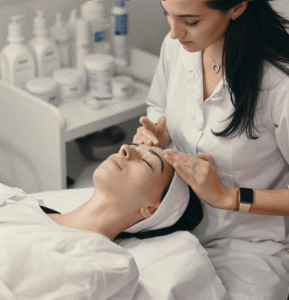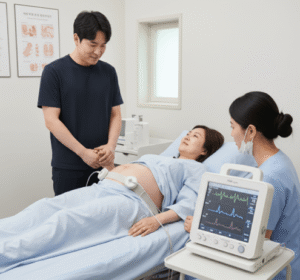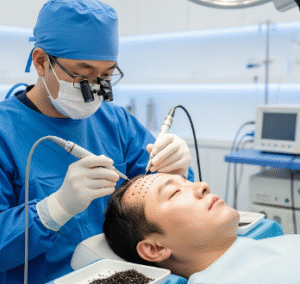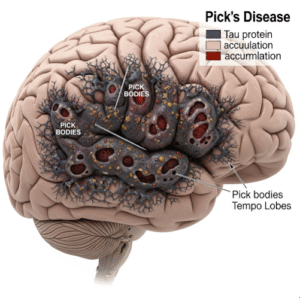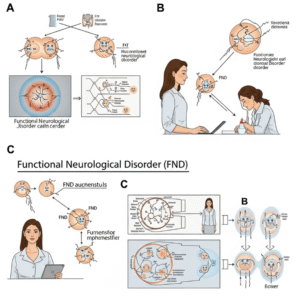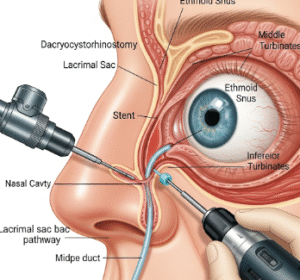Overview
Systemic Juvenile Idiopathic Arthritis (sJIA) is a rare but severe form of juvenile arthritis characterized by inflammation affecting multiple joints and systemic symptoms such as fever and rash. It primarily affects children under 16 years of age and can lead to significant disability if not properly managed. Early diagnosis and treatment are vital to improve quality of life and prevent complications.
What is Systemic Juvenile Idiopathic Arthritis?
sJIA is a subtype of juvenile idiopathic arthritis marked by arthritis in one or more joints accompanied by systemic features including daily fever spikes, rash, enlarged lymph nodes, liver and spleen enlargement, and inflammation of internal organs. Unlike other types of juvenile arthritis, sJIA often involves systemic inflammation.
Symptoms
Common symptoms include:
- High, spiking fevers lasting weeks or months
- Pink or salmon-colored rash that often coincides with fever spikes
- Swollen, painful joints with limited movement
- Fatigue and irritability
- Enlarged lymph nodes, liver, or spleen
- Inflammation of the lining of the lungs or heart (serositis)
Causes
The exact cause is unknown but is believed to involve:
- Autoimmune dysfunction leading to the immune system attacking the body’s own tissues
- Genetic predisposition and environmental triggers such as infections
Risk Factors
- Age below 16 years, typically onset between 1 and 6 years
- Family history of autoimmune diseases (less common)
Complications
- Growth delay or failure to thrive
- Joint damage and deformity
- Macrophage activation syndrome (MAS), a severe inflammatory complication that can be life-threatening
- Chronic inflammation leading to organ damage
Prevention
- There is no known prevention, but early medical intervention can control symptoms and reduce complications
- Regular monitoring and prompt treatment of flares
Treatment Options in Korea
South Korea offers specialized pediatric rheumatology services with advanced treatment options.
- Diagnosis
- Clinical evaluation and detailed history
- Laboratory tests including inflammatory markers (ESR, CRP), blood counts, and ferritin
- Imaging studies such as X-rays or MRI of affected joints
- Medical Treatment
- Nonsteroidal anti-inflammatory drugs (NSAIDs) for symptom relief
- Corticosteroids to reduce inflammation in severe cases
- Disease-modifying antirheumatic drugs (DMARDs) such as methotrexate
- Biologic agents targeting inflammatory cytokines (e.g., IL-1 inhibitors like anakinra, IL-6 inhibitors like tocilizumab)
- Close monitoring to detect and manage complications like MAS
- Supportive Care
- Physical and occupational therapy to maintain joint function
- Nutritional support for growth and development


